Life
-
 Brain
BrainScientists Say: Hippocampus
The hippocampus is an area of the brain that is essential for forming new memories.
-
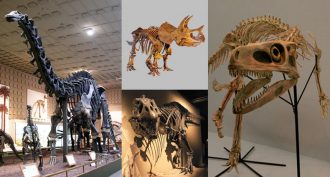 Fossils
FossilsScientists are rethinking the dinosaur family tree
The dinosaur family tree consists of three main branches. Or maybe not. A new study suggests a rewrite is due.
-
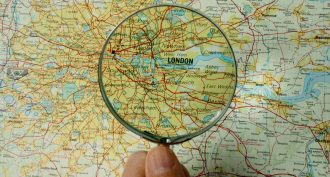 Brain
BrainTwo brain areas team up to make mental maps
To find your way around, you need to remember where you are and plan ahead. A new study shows there’s a brain area for each task.
-
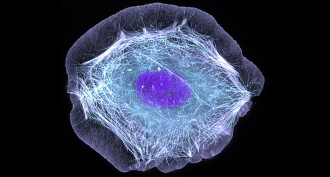 Tech
Tech‘Nanostraws’ safely sneak a peek inside cells
Scientists have developed tiny straws that let them peek inside a living cell without killing it or even damaging it.
-
 Health & Medicine
Health & MedicineJust viewing super-size meals can promote overeating
Large portions of food dampen activity in a brain area involved in self-control, a new study shows.
-
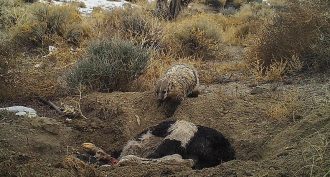 Animals
AnimalsIndustrious badger caught burying an entire cow
Badgers are known to bury small animals. That allows them to save a meal for future dining. Now researchers have caught them caching something much bigger: young cows.
-
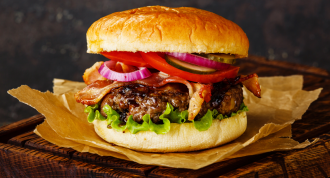 Brain
BrainFood smells better to sleepyheads
People who want to resist junk foods or overeating may want to make sure they get a good night’s rest. Being tired makes the scent of foods more appealing, a new study finds.
-
 Psychology
PsychologyNoticing mistakes boosts learning
People who pay attention to their mistakes are more likely to do better the next time, data show.
-
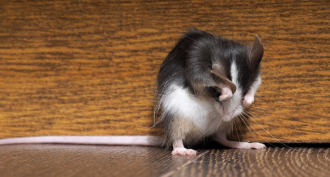 Brain
BrainAmong mice, scratching is catching — as in contagious
Contagious itching spreads by sight, mouse-to-mouse. Scientists have now identified brain structures behind this phenomenon.
By Susan Milius -
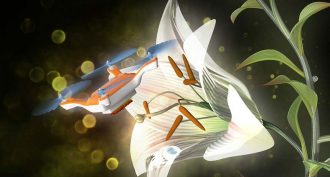 Tech
TechFleets of flying robots could pollinate crops
Tiny flying drones use patches of sticky hair to capture pollen. One day they might join bees in pollinating crops.
-
 Plants
PlantsScientists Say: Guttation
When water vapor can’t escape a plant, it might force its way out through a process called guttation.
-
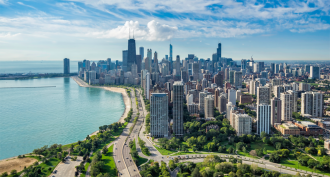 Life
LifeCities drive animals and plants to evolve
Biologists are finding that some species have used genetic changes to evolve — adapt — to the pollution and other stressors that they encounter in cities.